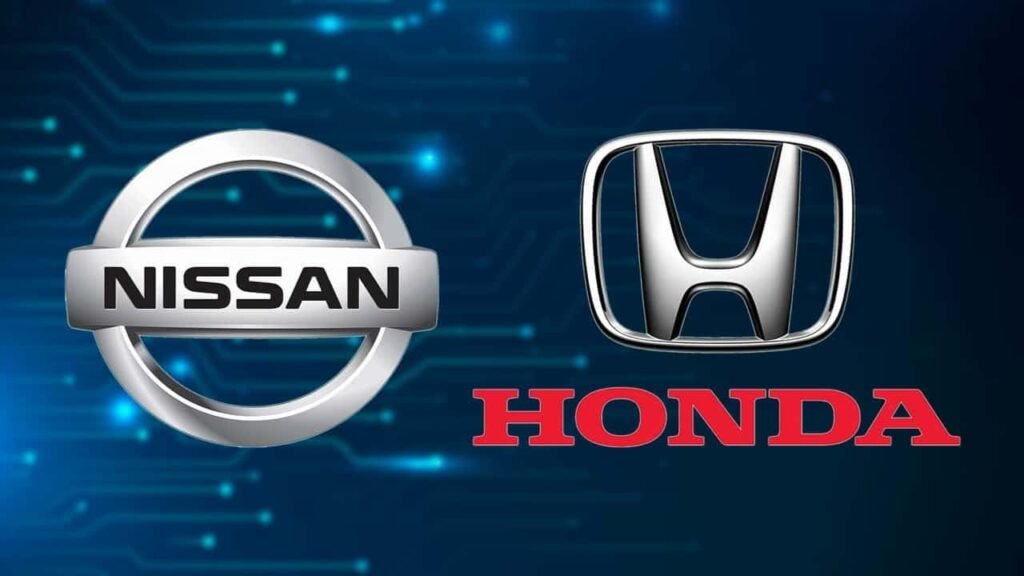Japanese automotive giants Nissan Motor and Honda Motor are exploring a strategic alliance to jointly work on producing vital components for electric vehicles and artificial intelligence in automotive software systems, as announced on Friday.

This potential collaboration may assist the companies in achieving economies of scale when producing EVs, as they compete against robust rivals like China’s BYD and Tesla. Nissan, known for its pioneering all-electric Leaf model, has faced challenges alongside other traditional automakers due to heightened competition from more agile new market entrants.
“New competitors are advancing rapidly and making significant progress,” Nissan CEO Makoto Uchida stated during a press conference. He added, “We cannot triumph in the competition if we continue to rely on traditional methods and conventional thinking.”
Honda’s sales figures also trail behind those of their competitors, and electric vehicles, comprising less than 0.5% of their overall sales, which amounted to approximately 2.8 million cars globally during the first nine months of 2023, according to the company’s data.
In response, both Nissan and Honda have signed a non-binding memorandum of understanding to explore potential areas of collaboration, although the extent of their collaboration has yet to be determined, as explained by Honda’s President Toshihiro Mibe.
Uchida mentioned that Nissan is open to collaborating in any location, be it in Japan or internationally. Nissan’s existing partnerships with Renault and Mitsubishi Motors will not be impacted by a potential alliance with Honda. Nissan currently works with Renault on electric vehicles, primarily in Europe.
The upcoming Nissan electric Micra will share the same architecture as the new Renault Five and will be manufactured at a factory in northern France. Last year, Nissan and Renault reduced the extent of their long-standing alliance, and since then, Renault has signed agreements with new partners, such as China’s Geely.
Uchida mentioned that Nissan and Honda are receptive to collaborating with their current partners if suitable opportunities present themselves. Both companies are considering cost-saving strategies, as Honda’s Mibe emphasized the importance of cost-effectiveness through increased production levels.
Honda aims to transition entirely to electric vehicles and fuel cell vehicles, representing 100% of their sales by 2040. While Nissan and Honda have not yet discussed a financial alliance, they remain open to the idea in the future.
Mibe underlined the urgency of their plans, stating, “We are strapped for time and need to be swift. In 2030, we need a decision now to be in a good position.”


